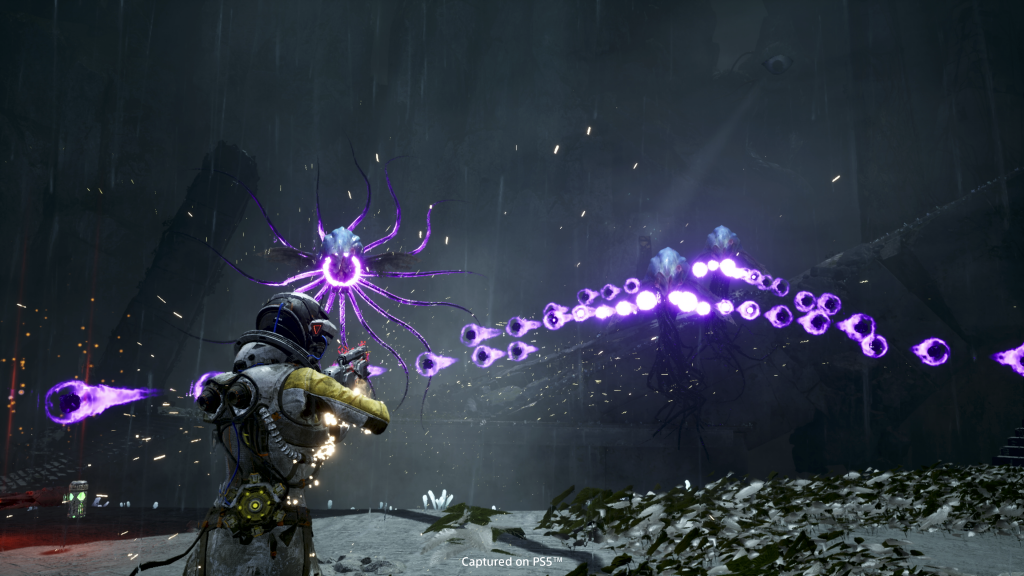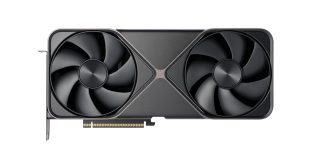After months of leaks, Sony has finally announced that Returnal is coming to PC. We don't have an exact release date yet, but the game is now listed on Steam and should launch in early 2023. Thanks to the Steam listing, we also have an early look at PC system requirements, and they are a bit higher than we would have expected.
Returnal was a PS5 title, so its swift PC release is something of a surprise, as Sony has primarily focused on bringing older, pillar PS4 titles to PC so far. As a PS5-only title, Returnal isn't built to run on last-gen hardware, so the hardware requirements are higher to run this compared to something like Horizon Zero Dawn.
Here are the PC system requirements for Returnal –
Minimum:
- OS: Windows 10 64-bit (version 1903)
- Processor: Intel Core i5-6400 (4 core 2.7GHz) AMD Ryzen 5 1500X (4 core 3.5GHz)
- Memory: 16 GB RAM
- Graphics: NVIDIA GeForce GTX 1060 (6 GB) AMD Radeon RX 580 (8 GB)
- Storage: 60 GB available space
Recommended:
- OS: Windows 10 64-bit (version 1903)
- Processor: Intel i7-8700 (6 core 3.7 GHz) AMD Ryzen 7 2700X (8 core 3.7 GHz)
- Memory: 32 GB RAM
- Graphics: NVIDIA RTX 2070 SUPER (8 GB) AMD RX 6700 XT (12 GB)
- Storage: 60 GB available space
Since this game is still a few months away from launch, it is worth noting that these PC system requirements could be adjusted. Most games don't get system requirements until a few weeks ahead of launch.
Discuss on our Facebook page, HERE.
KitGuru Says: I tried Returnal a little on PS5 but typically, I prefer my shooters on PC, so I've been waiting on this for a while now. Are any of you planning on picking this up next year?
 KitGuru KitGuru.net – Tech News | Hardware News | Hardware Reviews | IOS | Mobile | Gaming | Graphics Cards
KitGuru KitGuru.net – Tech News | Hardware News | Hardware Reviews | IOS | Mobile | Gaming | Graphics Cards


